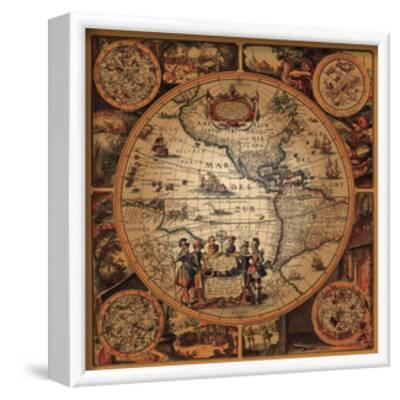



Engaging with such politics is increasingly possible with access to geographical information systems, and this, therefore, provides a novel space in which to engage in political struggle. This paper argues that this form of MSP produces an ontological politics, despite emerging from seemingly rational, post-political, and technocratic processes. Although intended as an inclusive, holistic process to plan industrial development, this assemblage of MSP technologies, processes, and practices mandated by international corporations produces a particular power relation through its rejection of local knowledge and insistence on data, for instance, in the form of discrete, geo-coded polygons. Instead of being initiated by the state, these MSP-like processes are initiated by international agencies when industries seek large-scale development of India’s marine ecosystems. Yet in countries like India, where the government is not yet promoting MSP, ocean space has already been divided using principles and practices that are characteristic of MSP elsewhere in the world. The language and practice of Marine spatial planning (MSP) is typically associated with state-led multi-sectoral planning efforts.


 0 kommentar(er)
0 kommentar(er)
